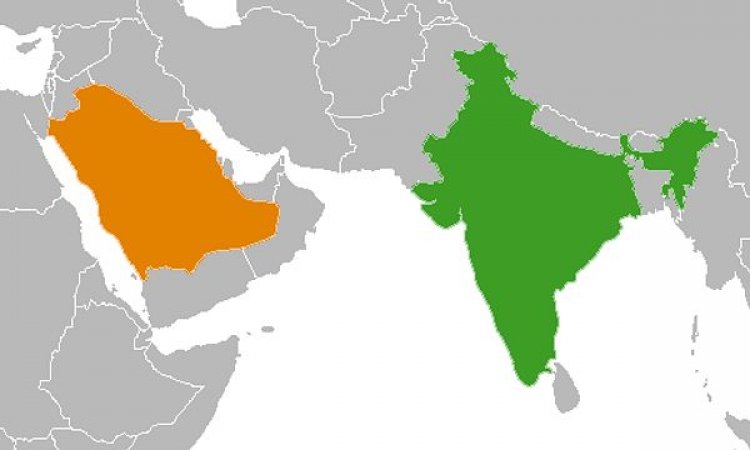Opportunities for India in the Middle East
STORIES, ANALYSES, EXPERT VIEWS

Building on the normalisation of Israel’s relations with the UAE and Bahrain under the Abraham Accords signed last August in Washington, Mohammed Soliman, an Egyptian scholar, writes about the significance of what he calls the emerging “Indo-Abrahamic Accord” and its trans-regional implications to the west of India. Soliman’s concept builds
Soliman points to the transformation of India’s relations with the UAE and Israel under Prime Minister Narendra Modi. Although Delhi had relations with Abu Dhabi and Tel Aviv for many years, they certainly have acquired political depth and strategic character under Modi. Soliman sees this trilateral relationship as the potential nucleus of a wider regional coalition.
Soliman underlines the converging interests between India, the UAE, and Israel amidst Turkish president Recep Tayyip Erdogan’s assertive claims for the leadership of the Islamic world. The new geopolitical churn is also driven by Pakistan’s growing alignment with Turkey and its alienation from its traditionally strong supporters in the Arab Gulf — the UAE and Saudi Arabia.
Turkey’s quest for regional dominance, writes C Raja Mohan (writer is director, Institute of South Asian Studies, National University of Singapore and contributing editor on international affairs for The Indian Express), “has also widened the Indo-Abrahamic convergence to the eastern Mediterranean to include Greece and Cyprus. The discovery of new hydrocarbon resources in the eastern Mediterranean, the renewed territorial disputes between Ankara and Athens, and the Turkish quest for regional dominance has drawn Greece and the UAE closer. Greece has also looked towards India to enhance bilateral security cooperation….
“One of the unintended consequences of Erdogan’s overweening regional ambition, his alienation of Israel as well as moderate Arabs, his conflict with Greece, and his embrace of Pakistan is the extraordinary opportunity for Delhi to widen India’s reach to the west of the Subcontinent.”
Soliman asks if the deepening engagement between India, the UAE and Israel can be converted into a formal coalition. To be sure, writes Mohan “there are many areas like defence, aerospace and digital innovation where the three countries can pool their resources and coordinate development policies. Coordination with Saudi Arabia will certainly remain a high priority for the three nations. Meanwhile, others like Greece are eager for greater cooperation with the coalition.
“If there is one country that can give substantive depth to the Indo-Abrahamic Accord it is Egypt. Having ousted the Muslim Brotherhood from power in 2014, the Egyptian President Abdel Fattah el-Sisi is trying to revitalise the nation’s economy and reclaim its regional leadership role. Located at the cusp of Mediterranean Europe, Africa, and Asia, Egypt is the very heart of the Greater Middle East.”
If Delhi and Cairo lost each other in recent decades, Mohna argues “Modi can rebuild the strategic partnership jointly with el-Sisi……”
The opportunities that are coming India’s way to the west of the Subcontinent, concludes Mohan “are as consequential as those that have recently emerged in the east. Much in the manner that the ‘Indo-Pacific’ has transformed the way India thinks about the east, the notion of a “Greater Middle East” can provide a huge fillip to India’s engagement with the extended neighbourhood to the west.”
















